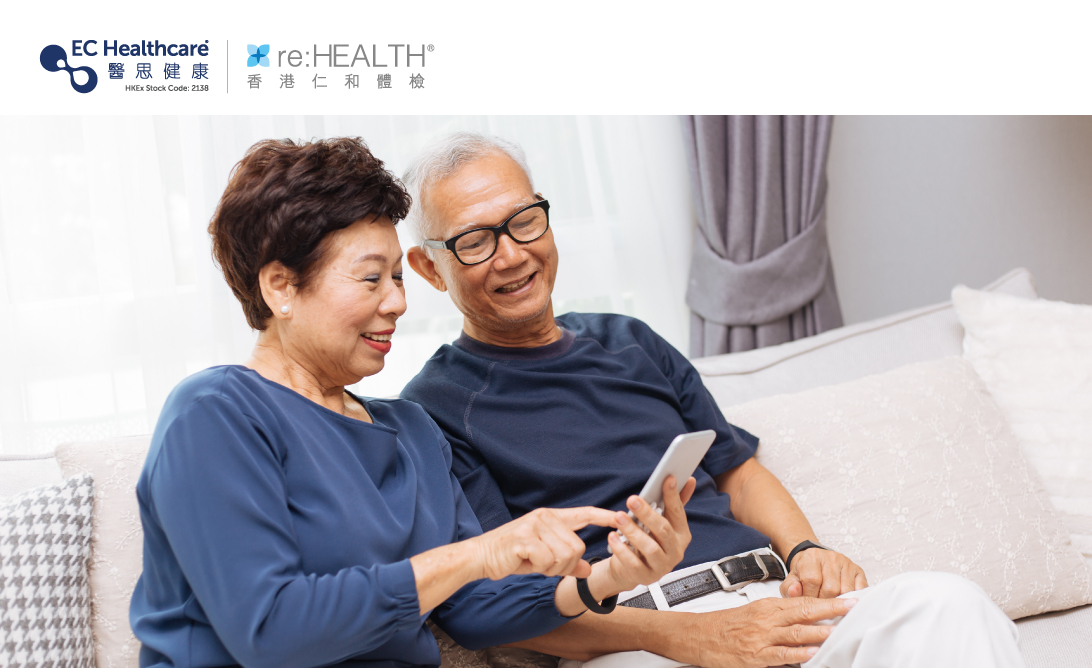Health Care Voucher Sharing for Spouses | Restrictions, Application Process, and Cancellation Options


The government has been making improvements to the Elderly Health Care Voucher Scheme, and the latest update enables eligible senior citizens who are spouses to share each other's health care vouchers with mutual agreement. This allows married seniors to conveniently access private primary health care services. In this article, we will outline the eligibility criteria, application process, usage guidelines, and limitations of the "Shared Use of Vouchers between Spouses".

Eligibility for Spouse Sharing of Health Care Vouchers
The primary requirement is that both spouses must meet the basic criteria of the Elderly Health Care Voucher Scheme, which include:
.Aged 65 or above who holds a valid Hong Kong Identity Card (HKIC), or
.a Certificate of Exemption (CoE) issued by the Immigration Departments.
Both individuals must be in a spousal relationship and they are married under monogamous marriage to one another as recognised by the laws of Hong Kong. “Monogamous marriage” means a marriage which was
1. celebrated or contracted in accordance with the provisions of the Marriage Ordinance (Chapter 181 of the laws of Hong Kong); or
2. a modern marriage validated by section 8 of the Marriage Reform Ordinance (Chapter 178 of the laws of Hong Kong) and registered under Part IV of that Ordinance; or
3. if it took place outside Hong Kong, celebrated or contracted in accordance with the law in force at the time and in the place where the marriage was performed and recognised by such law as involving the voluntary union for life of one man and one woman to the exclusion of all others.
Once the above qualifications are met, the elderly persons in spousal relationship can pair up their health care voucher accounts upon their mutual consent and signature.
How do My Spouse and I Pair up Our Voucher Accounts?
When one spouse uses their health care voucher to pay for medical services, both spouses need to personally visit the clinic of the service provider together. During the registration process, there is no need to present proof of the spouse relationship. Simply present the HKIC or CoE. Both spouses will make a declaration of their relationship to ensure eligibility. This registration and pairing procedure only needs to be done once to activate the shared health care voucher for future use.
If one spouse is unable to personally handle the registration and pairing process due to mobility issues or long-term bed rest, an alternative approach can be taken. They can sign the "Consent of Sharing Health Care Vouchers between Voucher Recipients in Spousal Relationship" and prepare a copy of the absent spouse's HKIC or CoE. These documents can be submitted by the attending spouse at the clinic of the service provider to complete the registration and pairing procedure.
If the Department of Health needs to verify the spousal relationship, they may request the elderly individuals to provide relevant supporting documents. If any false declaration of spousal relationship is discovered, it will be referred to law enforcement agencies for investigation. The individuals involved may face criminal charges and imprisonment.
What are the restrictions on usage?
Once the health care voucher accounts of spouses are successfully paired up, it is necessary to exhaust one's own voucher balance before utilizing the balance from the spouse's vouchers. Whenever using the spouse's vouchers, the user must present a copy of the spouse's identity card or CoE for verification purposes. Additionally, both spouses will be notified by SMS via his/her designated phone number when one spouse utilizes the other's voucher balance.
Can the paired health care voucher accounts be canceled?
Yes, you can cancel the paired health care voucher accounts. To do so, you need to download and complete the "Notification for withdrawal from pairing up eHealth (Subsidies) accounts" from the official website. Once the form is filled out, you can submit the request to cancel the shared health care voucher arrangement by mail, fax, or email to the Department of Health.
One last thing to note:
Disclaimer: This article is prepared by an independent third party and is not sponsored. The content provided is solely for informational purposes and should not be considered a substitute for professional medical advice, diagnosis, or treatment. It does not represent any specific viewpoint. In the event of any discomfort or health issues, it is advised to seek medical attention promptly.
Related Brands

